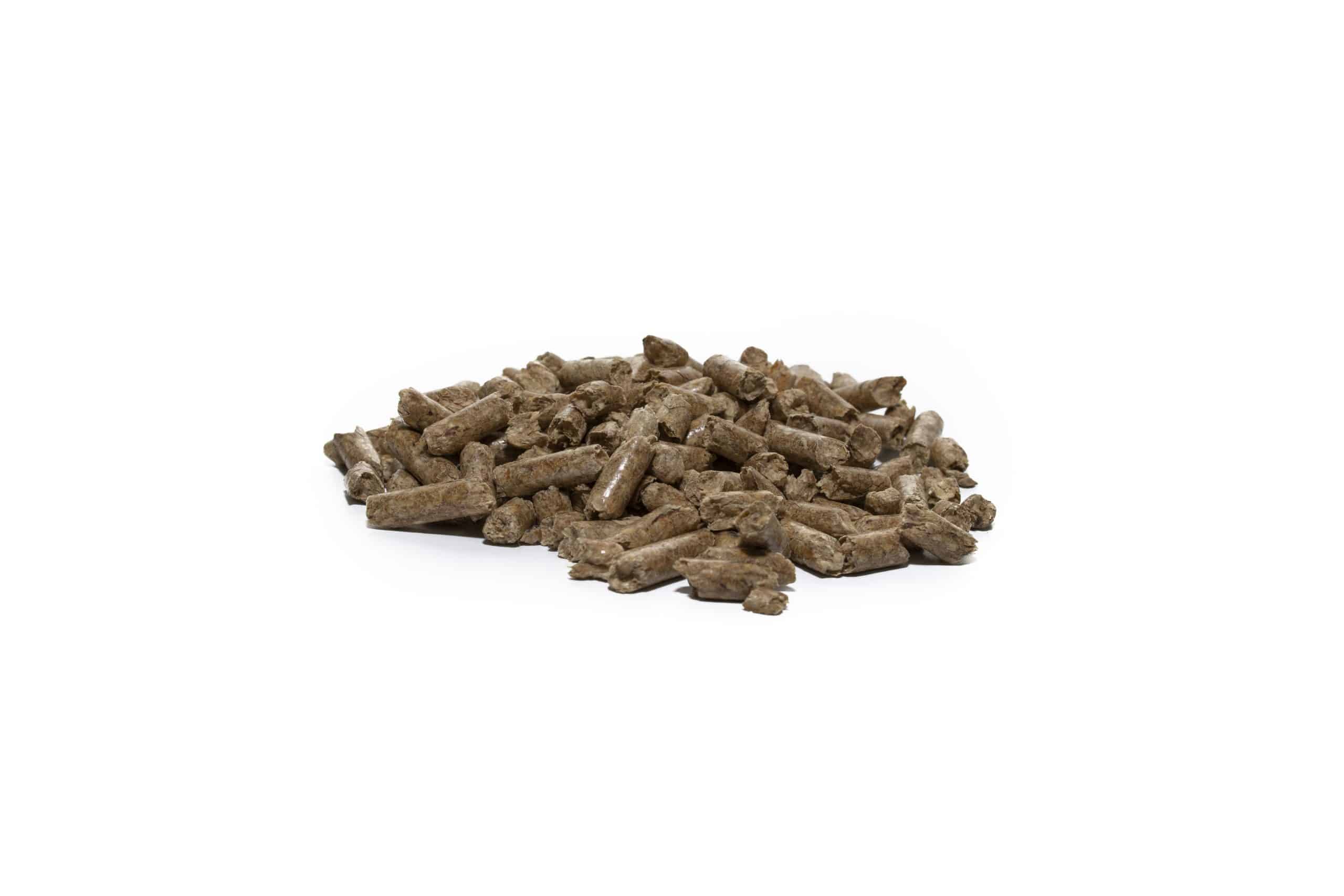In the face of escalating environmental issues, one question looms large: "Can enzyme engineering lead to more effective biodegradable plastics in the UK?" Let’s unravel this mystery together, you savvy environmental enthusiasts.
Enzymes and Plastic Degradation
Have you heard about the role of enzymes in plastic degradation? Your curiosity may have drawn you to the term enzyme engineering. In essence, this involves the modification and manipulation of enzymes for specific applications. A strong focus is on the degradation of plastic waste, which has become a focal point in recent years.
Dans le meme genre : How Can Biofeedback Technologies Help Manage Stress in High-Pressure UK Work Environments?
Plastics, particularly those based on polymers like polyethylene terephthalate (PET), have long been a bane for the environment due to their resistance to natural biodegradation. This resistance makes plastic waste a significant environmental hazard. But, enzymes present a new frontier in addressing this issue.
PETase is an enzyme discovered in certain microbial species, which has shown substantial activity in breaking down PET-based plastics. The enzyme functions by cleaving the polymer chains in PET, essentially disassembling the plastic at a molecular level. This process of biodegradation is a radical departure from the more traditional methods of physical and chemical degradation, offering a more environmentally friendly alternative.
Avez-vous vu cela : What Are the Safety Considerations for Biometric Data in Smartphones?
Enzyme Engineering: Ameliorating PETase Activity
The concept of enzyme engineering comes into play here. While PETase’s natural activity on PET plastics is promising, it is not yet potent enough to effectively handle the sheer volume of plastic waste produced each year.
Through enzyme engineering, scientists are attempting to enhance the PETase’s activity, making it more efficient and effective in degrading PET-based plastics. The process involves tweaking the enzymatic structure to optimise its interaction with the plastic polymers, thereby accelerating the degradation process.
For instance, a team of British scientists enhanced PETase’s activity by introducing mutations into its structure. The modified enzyme demonstrated a significantly improved degradation rate, demonstrating the potential of enzyme engineering in tackling plastic waste.
Impact on Plastic Waste Recycling
This development has significant implications for plastic waste recycling. With an enzyme that can effectively degrade PET plastics, recycling becomes a more streamlined process. Instead of the energy-intensive and polluting methods of mechanical and chemical recycling, enzyme-based recycling presents a green alternative.
The degraded products of enzymatic activity on PET plastics are the raw materials (monomers) that initially formed the plastic. These monomers can be collected and reprocessed into new plastic products without the need for new raw materials. This approach not only reduces plastic waste but also minimizes the need for oil-based raw materials in plastic production.
Potential for Biodegradable Plastics
The success of enzyme engineering in enhancing PETase activity opens the door to a new realm of possibilities – biodegradable plastics. With an efficient enzyme to break them down, it’s possible to design plastics that are intended for enzymatic degradation from the onset.
Such biodegradable plastics would significantly reduce the environmental impact of plastic waste. As they degrade under the action of specific enzymes, they become a part of nature’s carbon cycle instead of lingering in the environment for hundreds of years.
Scientists are already testing the waters in this regard. Some are exploring the possibility of embedding enzymes within the plastic during production, which would initiate degradation after a specific period or under certain conditions. Others are considering plastics designed with molecular structures that enzymes can easily break down.
The Prospect for the UK
There’s no denying the potential that enzyme engineering holds for the UK. A country renowned for its commitment to environmental sustainability, the UK stands to benefit immensely from advances in biodegradable plastics.
Firstly, the successful implementation of enzyme-based plastic degradation could revolutionise the UK’s waste management and recycling sectors. This could significantly reduce the environmental footprint of the country’s plastic waste.
Additionally, the UK’s robust scientific and industrial sectors could become global leaders in biodegradable plastic production. This would not only drive the UK’s economy but also place it at the forefront of global efforts to combat plastic pollution.
In summary, enzyme engineering could play a crucial role in shaping a future where plastics no longer pose a threat to the environment. While there’s still a long way to go, the promise of more effective biodegradable plastics through enzyme engineering is indeed a beacon of hope.
The Role of Universities and Research Centres
One of the driving forces behind the advancements we have seen in enzyme engineering and biodegradable plastics is the research and development carried out at universities and research centres. The University of Portsmouth, for example, has been a significant player in this field.
The team led by Professor McGeehan at the University of Portsmouth has been instrumental in the discovery and modification of PETase enzyme. Using techniques like protein engineering and directed evolution, they have managed to optimise the enzyme’s activity on PET plastics. Their research, published on Google Scholar, has opened up new perspectives on the potential of enzyme engineering in addressing the plastic waste crisis.
Meanwhile, other scientists are focusing on finding other plastic-degrading enzymes to handle different types of plastic waste. For example, some researchers are studying enzymes that can degrade bio-based plastics like polylactic acid, thus broadening the application of enzyme-based plastic degradation.
It is pertinent to mention that the work of these researchers is not just confined to the lab; they are also working with industries to translate their discoveries into real-world applications. This collaboration between academia and industry is crucial in driving the development and commercialisation of enzyme-based plastic recycling and biodegradable plastics.
The Future of Biodegradable Plastics in the UK
Looking into the future, there is a significant potential for enzyme engineering to change the landscape of plastic production and waste management in the UK. The discoveries and advancements in this field could help the country transition to a more sustainable plastic economy.
In the realm of plastic recycling, the application of enzymes could make the process more efficient and less polluting. This would not only help manage the plastic waste generated in the UK but also reduce the country’s dependency on new, oil-based raw materials for plastic production.
Furthermore, the use of biodegradable plastics could drastically reduce the amount of plastic waste that ends up in the environment. These ‘designed-for-degradation’ plastics could be broken down into their basic building blocks by microbial degradation, thus integrating them into the natural carbon cycle instead of letting them persist in the environment for centuries.
This future is, however, contingent on several factors. There are still technical challenges to overcome, such as improving the efficiency of plastic-degrading enzymes and scaling up the enzyme-based recycling process. Also, there are regulatory and market considerations to take into account, such as ensuring the safety and effectiveness of biodegradable plastics, and making them economically competitive with traditional plastics.
With all these factors in consideration, the role of the UK in leading the charge towards more effective biodegradable plastics cannot be overstated. Given the country’s strong commitment to environmental sustainability, as well as its robust scientific and industrial sectors, the UK is well-poised to realise the potential of enzyme engineering in addressing the plastic waste crisis.
In conclusion, while there are still hurdles to overcome, the promise of enzyme engineering in paving the way for more effective biodegradable plastics in the UK is indeed an exciting prospect. As research and development continue to progress, we can look forward to a future where plastics, instead of being a major environmental problem, could become a part of the solution.













